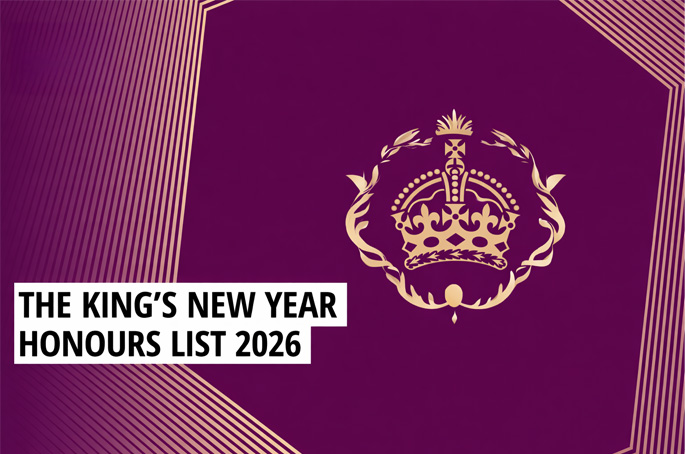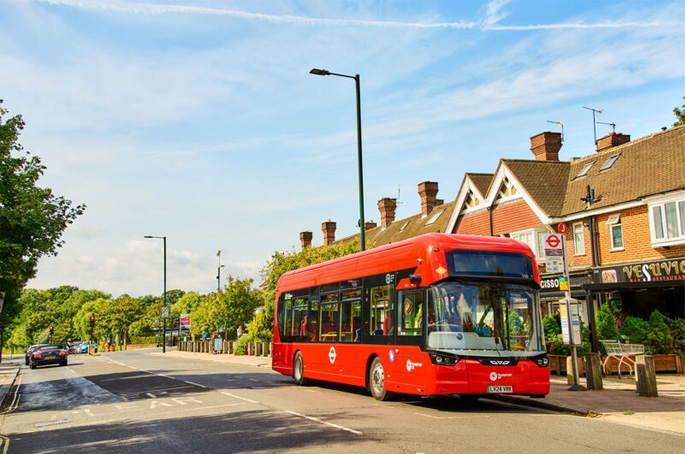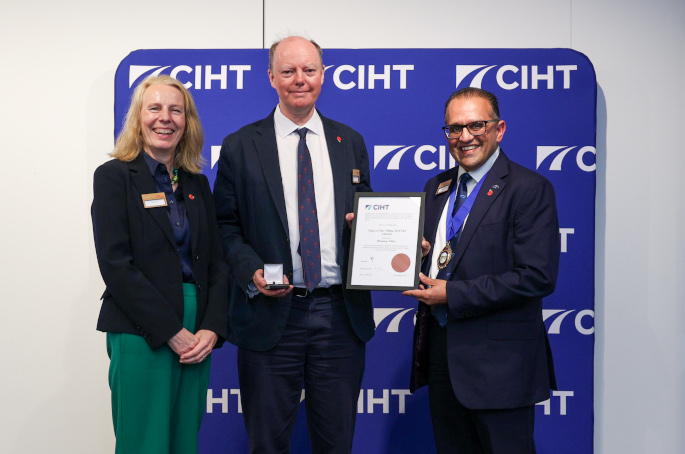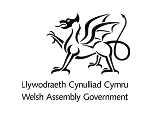Traffic congestion could cost UK £300bn
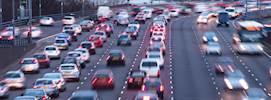
Traffic congestion could cost the UK economy more than £300 billion over the next 16 years, according to a study.The study from INRIX and the Centre for Economics and Business Research predicts the annual cost of congestion in the UK will rise 63% by 2030 to £21bn.Research found that between 2013 and 2030, the total cumulative cost of congestion to the UK economy is estimated to be a staggering £307bn, with the annual cost of congestion set to rise by 63% to £21.4 bn over the same period, mainly as a result of population growth and increasing GDP per capita as the UK economy continues to strengthen.“This study is a warning of the worsening impact of gridlock on the British economy and on household budgets,” said Matt Simmons, European director, INRIX. “We now know that congestion will continue to have serious consequences for national and city economies, businesses and citizens in the years to come. If we think this problem is bad now, we are in for a terrible shock come 2030.”In the UK last year, almost 70% of the workforce commuted to work by car during peak times, with the average British driver spending 124 hours stuck in gridlock annually, and this is set to rise to 136 hours in 2030, equivalent to 18 working days a year. This has both a direct and indirect economic impact on car commuting households. Direct costs relate to the value of fuel and the time wasted rather than being productive at work, and indirect costs relate to higher freighting and business fees from company vehicles idling in traffic, which are passed on as additional costs to household bills.Due to the expected strengthening of the British economy and the continuing rise of population growth in the UK’s largest cities, the findings from this study anticipate a significant increase in the demand for road travel across the country over the next 16 years, which in-turn will increase congestion and its associated economic costs year-on-year. The key drivers of the demand for road travel in the UK are population growth, GDP per capita growth, changes to the cost of motoring and car ownership.Matt Simmons adds: “Ultimately cities need to be more innovative in their approach to tackling gridlock. Improving public transport infrastructure may provide more choice for travellers, but it won’t solve the problem. Technology innovations such as multi-modal routing and real-time traffic in cars and on mobile devices should be adopted more widely, helping to create smarter cities worldwide.”For a copy of the full study visit www.INRIX.com.


